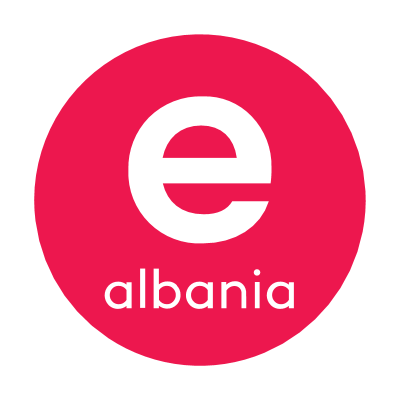The Minister for Europe and Foreign Affairs, Igli Hasani, invited by his Hungarian counterpart, Péter Szijjártó, at the Budapest Balkan Forum, emphasized our country’s capacity for energy production from water, as well as from solar and wind sources.
“Albania plays a crucial role due to its geographical position in the Southern Gas Corridor, especially through the Trans-Adriatic Pipeline. It’s a diversification-based model, where energy serves as a catalyst for opening the right paths for trade and diplomacy,” he said.
The Albanian Chief Diplomat stressed that Albania’s inclusion in the continent’s main energy routes gives our country the potential to become a strategic key hub.
“It’s time for us, the Western Balkan countries, not only to work on domestic energy production, but also to coordinate strategies and become a key potential for energy security for Europe,” the Minister emphasized.
Minister for Europe and Foreign Affairs, Igli Hasani, who is paying an official visit to Hungary, was part of the panel “Securing energy, Energizing security” at the Budapest Balkan Forum.
MEFA Igli Hasani speech at the Budapest Balkan Forum
Well, good morning and many thanks for the invitation. Dear Peter, it’s a great pleasure to be with you here and with distinguished colleagues on a topic that is of great importance, and it comes at the right moment. It has been more than two years that we are in the middle of the war of aggression against Ukraine, and it is exactly one of the crises that we are facing. It’s related to energy and energy security. We live in a time when the energy sector in Europe is facing a serious but also a strategic level of crisis. There is, on one hand, the fact that we have the war in Ukraine and the resulting sanctions have dramatically reduced the flow of gas to Europe from, correct me colleagues from 40% to 8% of supplies and soon to drop further. Probably becoming zero in the not-so-distant future. But at the same time, despite major progress, the energy needs of Europe cannot be yet covered by renewables. By long distance we have to look at the perspective on how to exchange all these possibilities into something that can be really crucial and fundamental for the future. The lack of demand, the lack of supplies into the current demand gives not only the ways of thinking forward on how to change the realities we are facing, but also to think strategically on how to bring forward innovative solutions that can create a better environment of supply. I think, this is very well connected to what Europe and its borders, and its surroundings should bring forward. There are very good synergies that we have to think about and to be innovative. I’m pretty sure that in all these discussions and also the composition of the panel creates the necessary dynamic. What is coming from the south of the continent, but also from what is coming from the southeast of the continent, from Turkey, is something that not only should be considered because it has been already considered, but it should be seen as the way in moving things forward. I link this also to the security situation because whatever the challenges we’re having, there are challenges that are coming from the South and the southeast. Therefore, there is a need for a better configuration of security that is linked to our Southern Mediterranean shore that is also linked to our allies and strategic partners. This is where my country and the region I come from, the Western Balkans, I think are important to put into the strategic map of the situation because all possibilities of linking these areas come through and are very well connected to the region of the Western Balkans. It is important to understand that the better we are connected, the better we align ourselves with issues, the better perspectives can be created. And why not? It’s a good start to work on energy and its security, because what we are facing is crucially fundamental for the future.
Albania, and I’ll stop here, it’s one of the few countries that has based all its production of energy in renewables. But what is happening is that we cover almost 70% of our needs through renewables. The remaining 30% comes through exports and comes to nonrenewable energy supply. This is where we’re working and we’re working innovatively to enhance the network of engagement with partners in order not only to fill the gap of the demand that we’re having for our internal market, but also to be part of a bigger and greater network of supply that links us also to Europe. One of the major projects that we’re having is the transatlantic pipeline that comes from Azerbaijan, Türkiye, and countries in southeastern Europe to go through Europe. But at the same time, these projects should always be linked to the security and the following needs that come out of it. Therefore, I’ll stop here, but I’m happy to continue the discussion and look at other perspectives and dynamics on the discussion. Thank you.





